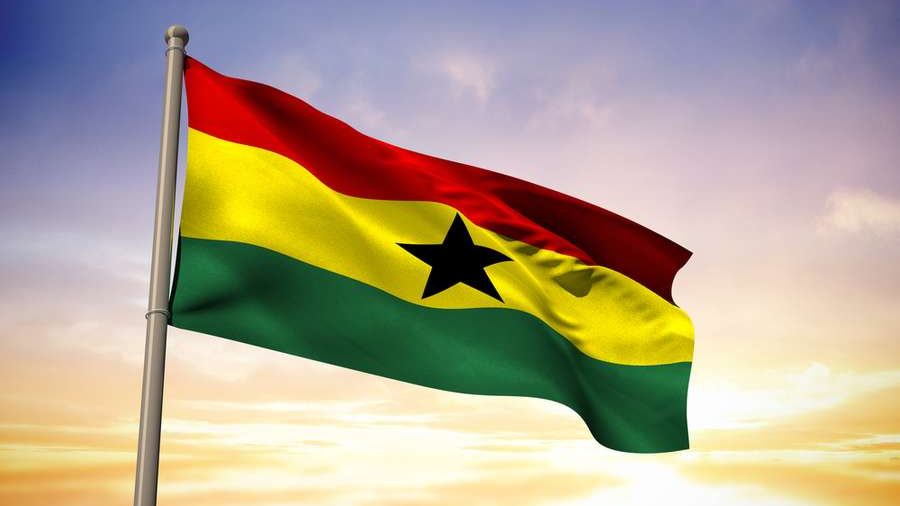The Catholic bishops of Ghana have called for peace amid unrest following national elections earlier this month, which saw the reelection of the incumbent president, though the president’s challenger has yet to concede the election.
“Aware that in every competition there are bound to be winners and losers, we wish to call on all stakeholders to exhibit maturity in accepting both defeat and victory. In this way, reactions to any of the two conditions would be measured, modest and charitable towards one another,” Archbishop Philip Naameh of Tamale wrote Dec. 16 on behalf of the conference.
Voters in Ghana turned out for general and parliamentary elections Dec. 7. Incumbent Nana Addo Dankwa Akufo-Addo of the New Patriotic Party (NPP) earned 51.3% of the vote, defeating John Dramani Mahama of the National Democratic Congress (NDC), who vowed to contest the results. Mahama has previously served as Ghana’s president from 2012 to 2017.
Nearly 300 parliamentary seats across the country were also on the ballot in an election in which about 17 million Ghanaians were eligible to vote.
Police in Ghana recorded at least 60 instances of election-related violence between December 7-9, the National Election Security Taskforce (NESTF) reported December 10. Of those incidents, at least five resulted in deaths, all five of which involved firearms.
The bishops called on the leadership of the country’s Electoral Commission to “keep engaging all the political parties to ensure that all outstanding electoral issues and grievances are dealt with in the interest of the country,” and urged Ghana’s security agencies to be “very professional in the exercise of their duties in the aftermath of the declaration of the Presidential and Parliamentary results in order to protect life and property.”
The European Union Election Observation Mission in a Dec. 9 preliminary report concluded that though the elections “were organized in an efficient and transparent manner, and voters participated freely,” there were problems with the process.
These included state media favouring the ruling party and its presidential candidate; that certain procedures for tabulation of votes were not always followed; and that “the secrecy of the vote was not always ensured, mainly due to poor layout of polling stations.”
Akufo-Addo has made ending dependence on western aid a focal point of his tenure as president, while remaining open to investment from China.
As a long standing tradition, Akufo-Addo and Mahama signed a peace pact ahead of the election Dec. 4 as a commitment to non-violence, a promise to resort to judicial process to seek redress in case of disputes, and work towards eradicating vigilantism, ACI Africa reported.
President Akufo-Addo had requested that Christians pray during Dec. 6 church services for peaceful elections.
In an Advent Pastoral Letter issued ahead of the country’s general elections, Ghana’s bishops appealed for peace “before, during and after the December 7, 2020 elections.”
“We also appeal to all political parties, their leaders and supporters and indeed all Ghanaian citizens to live in peace and refrain from all activities that can disturb the peace of our dear nation before, during and after the elections,” they said in their November 29 collective statement.

